Director: Lee Hyeok-su
Writer: Yun Jin-a
Producer: Seo Gil-seong
Cast: Jeon Hye-yun, Yun Se-ung, Song Geum-sig, Ricky Jun, Park Jeong-gwon, Lee Moo-jung, Kim Youn-soo, Lee Jae-yeong, Min Seong-joo
Running Time: 89 min.
By Paul Bramhall
The start of the millennium saw many new directorial talents emerge in Korean cinema, with 2002 in particular seeing the likes of Park Chan-wook unleash Sympathy for Mr. Vengeance, and Ryoo Seung-wan deliver his hard hitting crime thriller No Blood No Tears. However amongst the new blood that was beginning to shape Korean cinema into what it is today, surprisingly there were still some distinctly old-school names around on the scene, making distinctly old-school movies.
One such name was Lee Hyeok-su, a director who had been around since making his first feature in 1967. Hyeok-su was one of a stable of Korean directors who cranked out countless kung fu movies during the 70’s and early 80’s, from Hwang Jang-lee flicks like Hard Bastard, to Casanova Wong vehicles like Pachun Martial Arts, to the Dragon Lee and Eagle Han starring Twelve Gates of Hell. It’s safe to say that if you were a Korean martial arts star in the 70’s, then at some point you would have worked with Hyeok-su.
For the 20 year period from 1967 – 1987, Hyeok-su made, almost without fail, anything from one to four movies per year, racking up an impressively long filmography, before finally deciding to take a breather from the industry. During the 90’s he returned to the director’s chair just 4 times, most notably directing a very early role for Lee Jeong-jae, with 1996’s Albatross. The director went quiet again after Albatross, until 6 years later he’d return to the film industry one final time, putting a cap on a directing career that spanned 35 years, with the 2002 feature Quick Man.
The plot concerns a dastardly assistant director of a company, who hires a hitman to assassinate the CEO in charge, working under the assumption that as the CEO has no family, his fortune will be left to the company that he’ll now be in charge of running. However in a CD-ROM that the CEO has left to his accountant, containing a video message outlining his will, he reveals that he has a long lost granddaughter, and entrusts the accountant to track her down and pass on his inheritance. When the assistant director also watches the video, he re-hires the same hitman, and sends him on a mission to find and kill the granddaughter before the accountant can locate her.
Just like Chang Cheh made an awkward transition into directing movies in the 1990’s, so the same statement could be applied to Hyeok-su directing a movie in the 00’s. Quick Man feels like a movie made at least 10 years earlier, and apart from the presence of flip style mobile phones and a laptop, there’s nothing in the production to indicate that it was actually made post-2000. This isn’t a criticism as such, and the straight forward, no nonsense plot, reminiscent of so many 90’s Korean gangster movies, is if anything a welcome presence. In particular, one of the walls in the interior of an office set is little more than MDF panels nailed together, no paint or decoration added. Perhaps they were going for a minimalist feel.
Indeed in many ways, Quick Man feels like a 70’s Korean kung fu movie, supplanted to 19… I mean 2002 Seoul. The hit-man is played by Ricky Jun, looking remarkably similar to a Versus era Tak Sakaguchi, who was a familiar face in 90’s Korean action cinema. Quick Man could be considered his most substantial role, after playing nameless thugs in the likes of My Wife is a Gangster, Public Enemy, and even featuring alongside Steven Seagal, in the Aikido master’s only Korean movie appearance, Clementine. Jun had the moves, and gets a couple of fight scenes to show off his boot work, both of which involve him taking on multiple attackers using Taekwondo.
In the unmistakably goofy style of many a 70’s Korean kung fu movie, once Jun receives a photo of the granddaughter, he immediately recognizes her as an advertising model. He and his cronies even have a poster of her on their office wall, purely by chance, so finding their target should hardly be difficult. Except of course, it turns out that she’s become tired of the modelling life, and on the same day the thugs come looking for her, is beginning a new life as an art teacher. The granddaughter is played by Jeon Hye-yun, and Quick Man is the only movie credit to her name. I guess she got tired of the actress life as well.
Through a series of completely implausible events, Hye-yun ends up being taken under the wing of a good hearted motorcycle courier, who inadvertently becomes her protector (and suitor) from Jun and his gang of muscle for hire. The courier, playing the Quick Man that the title refers to, is played by Yun Se-ung. This was one of his first roles, and while he clearly had some worthy action chops, he’d mostly settle into doing voice work on animated features, most recently appearing in Office as a supporting player. The action content of the movie basically rests on the shoulders of Jun and Se-ung, and the plot moves forward in such a way that it essentially involves Jun constantly sending thugs to kidnap Hye-yun, Se-ung thwarting them, and then repeating in a different location. Its innocently simplistic approach is so out-of-time with other Korean movies released in 2002, that it’s difficult not to enjoy watching Jun get increasingly infuriated each time his thugs come back empty handed, just like an old-school movie villain, but in a sharp suit.
The influence that Hong Kong movies had on the Korean action genre of the decade prior is also blatantly evident in Quick Man. It’s hardly a spoiler to say that Se-ung and Hye-yun fall in love, an aspect of the plot which is driven home with a musical montage. The montage ticks all of the relevant boxes – riding along a beach on a motorbike in slow motion, staring into each other’s eyes as the sun sets, and even recreating a scene from From Here to Eternity, but with less clothes. Speaking of a lack of clothing, all three of the female characters end up with their clothes off at some point. In the 1980’s erotic cinema boomed in Korea once censorship laws were removed, and perhaps being able to film nudity never lost its appeal for Hyeok-su, even a couple of decades on.
Like Hyeok-su, the actor playing the assistant director of the company, Song Geum-sig, had also made a career for himself within the Korean action and gangster genre. Quick Man would be one of his final roles, however his filmography includes appearances in everything from Golden Dragon, Silver Snake to Guns and Talks. Here he’s cast as a stereotypical conniving middled aged business man in a suit, who stays behind the scenes and uses his money for others to do the dirty work for him. It’s a template used over and over again in Asian action cinema, from Chor Yuen in Police Story, to John Shum in Pedicab Driver. What perhaps makes Quick Man a unique entry in the action genre though, is that in the final reel Geum-sig decides to get in on the action himself, suit included, representing the old school villain of the piece.
Throwing down against Se-ung in an abandoned factory, the two go at each other with an enjoyable amount of vigour. After watching Geum-sig spend the entire run time as a corporate villain, unwilling to get his hands dirty, to see him suddenly throwing Taekwondo kicks and grappling on the floor was definitely an unexpected surprise. Hyeok-su even employs some classic old-school kung-fu movie tropes, when at one point the pair take a fall from an elevated part of the factory, in a scene that takes place at night, and then the shot cuts to have them land in broad daylight on a granite pile outside. It’s a lengthy brawl (at least it feels that way considering it starts at night, and ends in a river basked in bright sunshine), and delivers a satisfying finish to a production thats only ambition is to deliver some straight forward action. Judged on this alone, Quick Man succeeds at achieving what it sets out to, and is a worthy swansong to Hyeok-su’s career as a director.
Paul Bramhall’s Rating: 7/10



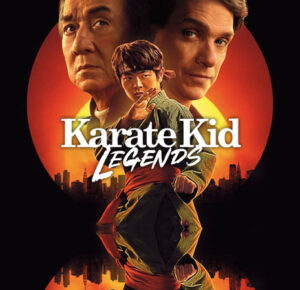

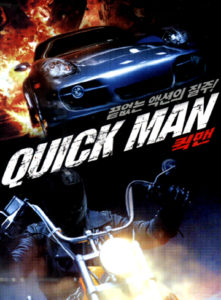
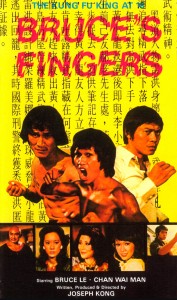

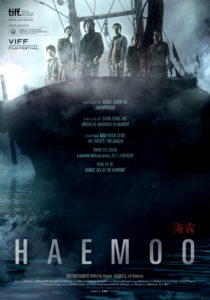
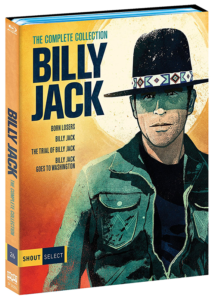
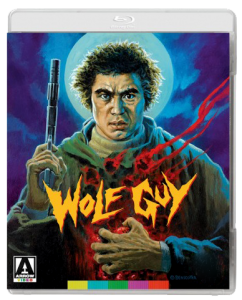
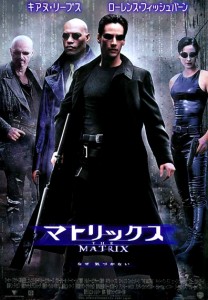
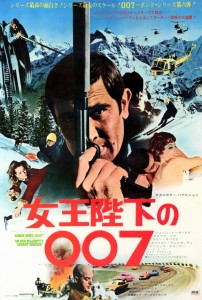
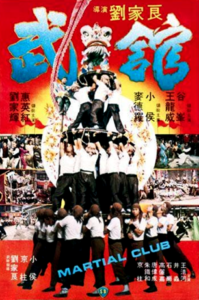
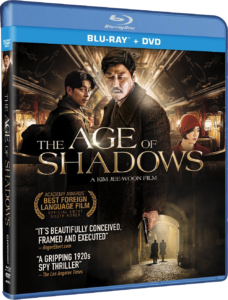
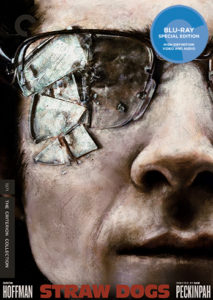
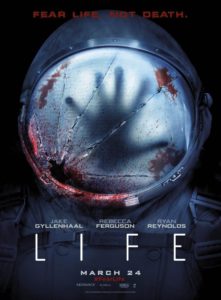
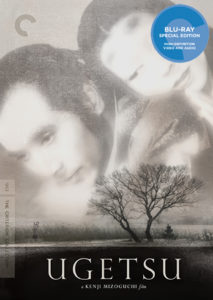
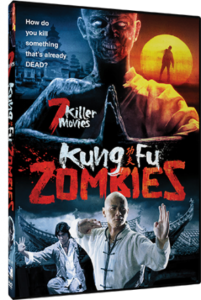
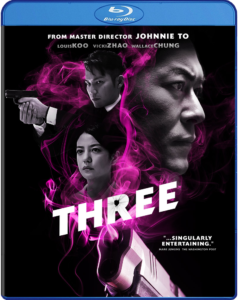



6 Comments